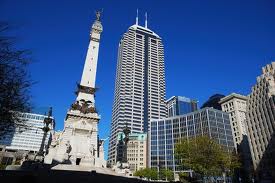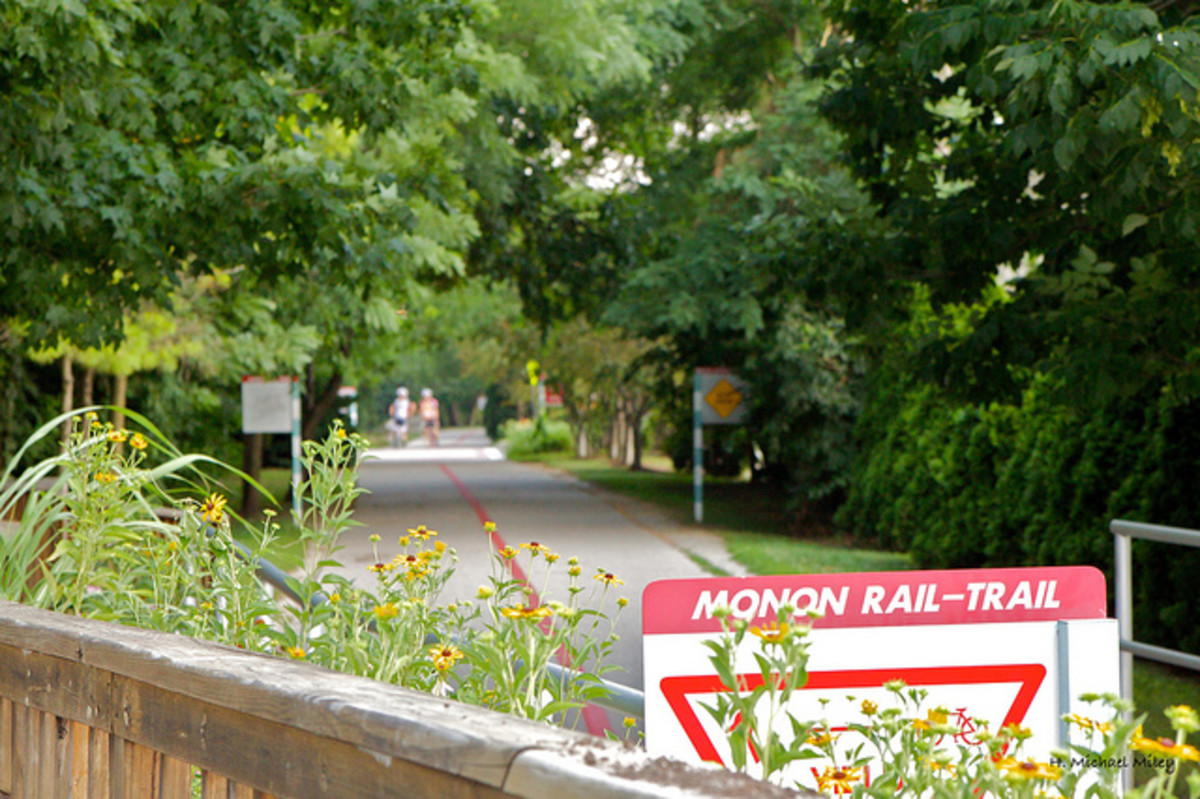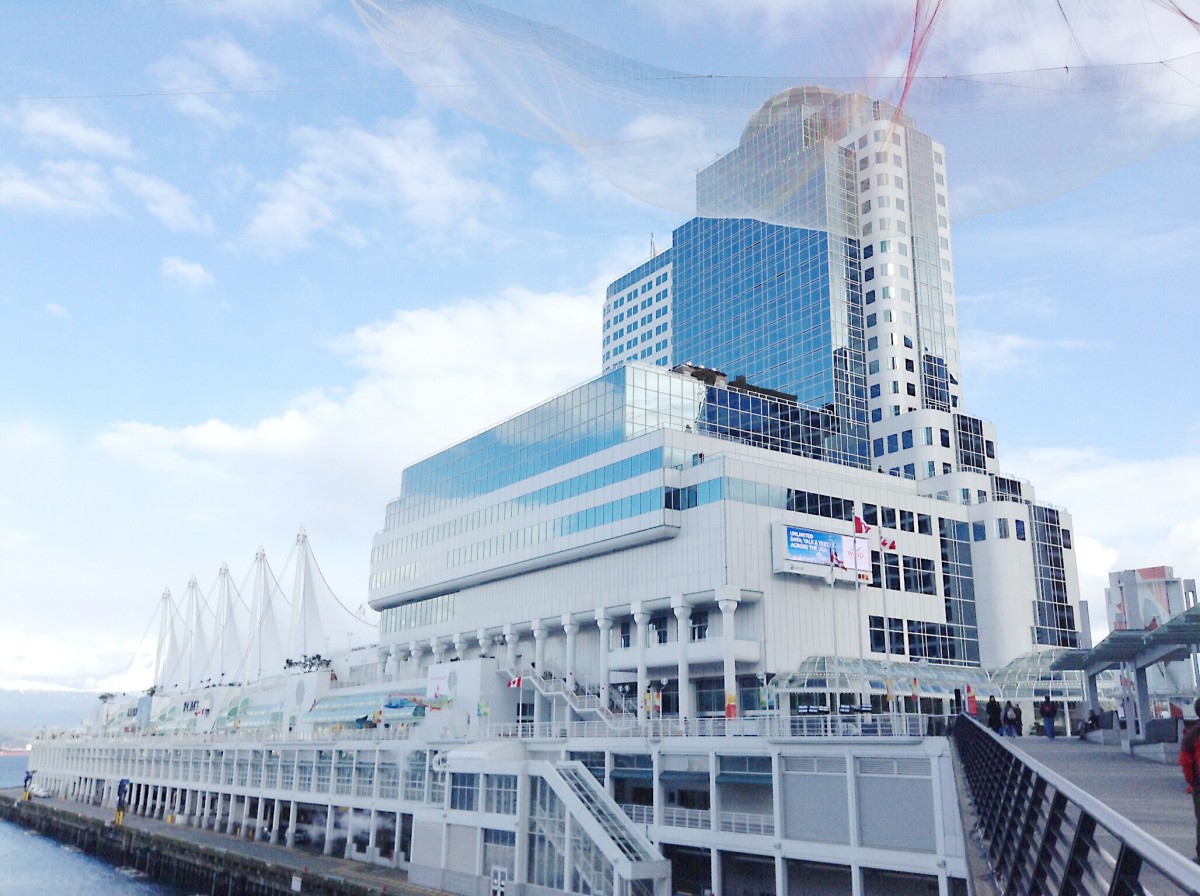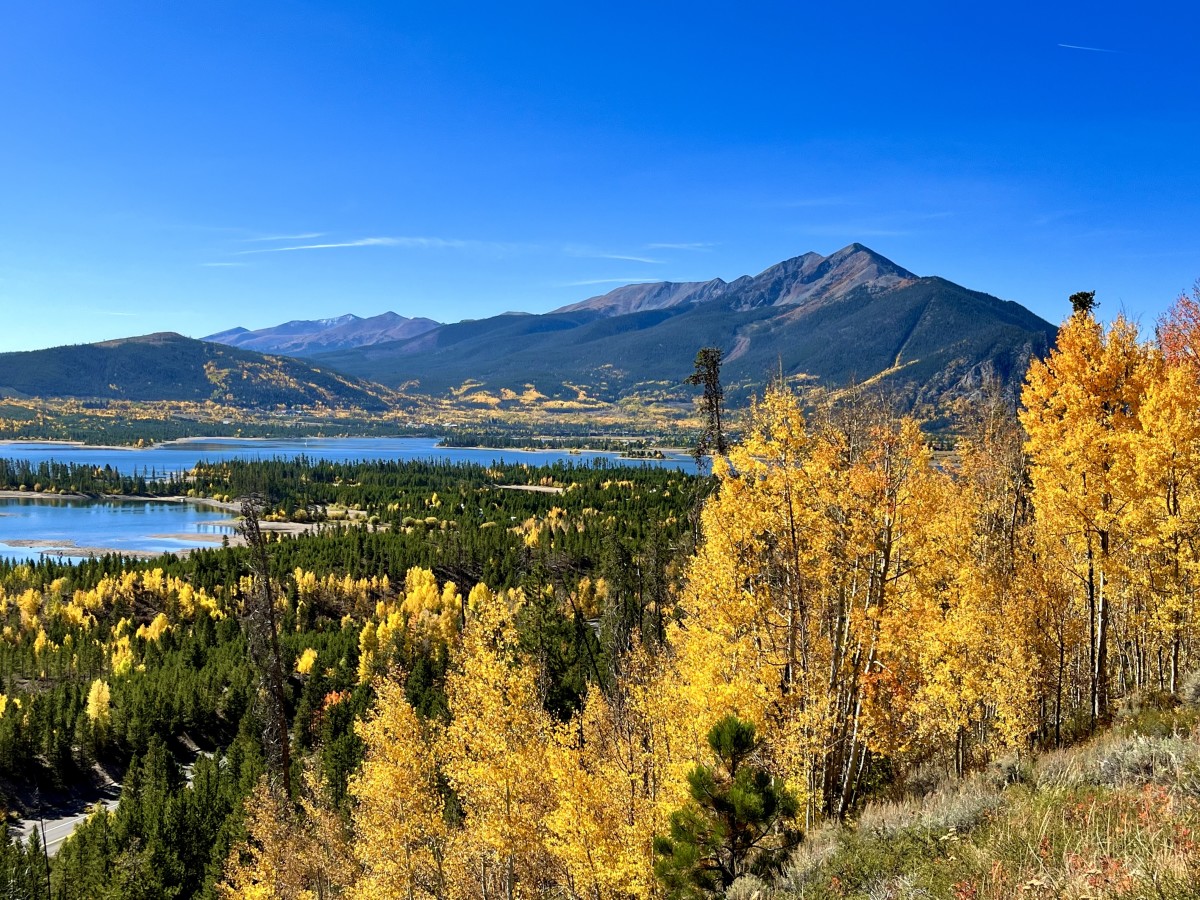Frustropolis

Since you’re reading this, chances are you have more than a passing acquaintance with Indianapolis. Whether you reside here now, once did, or have just passed through on occasion, I’d welcome your comments/ reaction at the bottom of this piece.
Indianapolis is my hometown and I want to like it. Actually, I want to love it, but since Indianapolis doesn’t generally promote such passions, I want to at least like it. But it’s a tough sell sometimes.
* * *
When I visit other similarly-sized Midwestern cities, such as Milwaukee, Cincinnati, or St. Louis, they seem to possess an aura that Indianapolis doesn’t. They hold more of an “Old Europe” feel – perhaps a Czech, German, or Polish influence in particular, and a more pronounced multi-cultural vibe in general. Those cities feel more “layered” somehow, as if they have a deeper and more colorful history to share. This feeling holds true with other nearby cities, including Minneapolis, Kansas City, Nashville, and Louisville. Each of these cities seem to `have a much more vibrant local identity and unique feel compared to Indianapolis,
Indianapolis feels somewhat neutered ethnically and culturally by comparison and this can be most logically explained by its origin. The other cities mentioned all grew organically as a result of being located along a major commercial waterway. Conversely, Indianapolis was an artificial incarnation of the Indiana state legislature, designed to be a centrally-located capital city, and was first inhabited by Europeans ca. 1825. Consequently, Indianapolis lacks both the distinctive ethnic enclaves and mosaic-like mixture of old and new development that is experienced in other Midwestern towns .
WHAT”S GOOD HERE
In the past few decades, this city has grown up somewhat. Bike lanes have been added to major thoroughfares, the Monon Trail has been expanded, and roundabouts have appeared. “Poles” of nightlife development away from downtown and Broad Ripple have emerged and there appears to be more appreciation of, and not just tolerance for, social diversity. Traffic has gotten worse but isn’t hideous generally. One hears often that this is “a good place to raise children.”
However, the incremental changes here seem to occur despite the actions and attitudes of local leaders rather than because of them. I recall being lectured by my none-too-progressive mom when I was a child that “Indianapolis is twenty years behind the times,” a comment that has rung all too valid in many instances since.
* * *
A bright and motivated twenty-something friend bangs his head against the wall daily at his job with Indygo, the local mass transit entity. High-speed rail from the heavily populated adjacent northern counties is a long overdue option that here is often labeled as “revolutionary” or “communist” on Indianapolis Star comment boards. So my friend tells me, lamenting the limiting frustration he faces here professionally (and one assumes, personally), that he is looking into moving to Vancouver because he wants to live in a “grown up city.”
When people visit from out of town they often damn Indy with faint praise: It’s not as bad as I heard/ as I thought/ as it was the last time I was here. When Indianapolis hosted the Formula 1 US Grand Prix (2000-2007), 90 percent of the crowd came from out of town and much of it from foreign countries. This demographic provided a fertile perspective on our city.
“It’s easy to find your way around,” a woman from Monaco told me enthusiastically. One benefit of being an artificially created city is a clear geometric grid of streets. Like most things here, it’s a trade-off, both predictably boring and convenient.
An F1 fan from India told me honestly, “I wish the race was in Chicago or Vegas, but people here are friendly.” Again, a trade-off: not an overtly exciting locale, but the people are generally nice.
A friend from Houston was in for the race one year and we were traversing around I-465 toward the track when he spotted a prominent outdoor ad sign touting the local Children’s Museum as “the best in the world.”
“You know your city has an inferiority complex when it resorts to that,” he said. Admittedly, my friend is a bit of a pompous ass, but it was an interesting bigger-city perspective for me. I’ve thought similarly that far too much of Indy’s self-image results from Colts victories and hosting events such as the NCAA Final Four. Los Angeles, by contrast, lost both its NFL franchises in 1995 and hasn’t hosted an NCAA Final Four since Lyndon Johnson was president, but it has no qualms about its stature as a city.
Even within the realm of sports as civic validation, Indianapolis evinces a curious ethos. The city was indifferent to Formula 1 to the point of losing the race to Austin, Texas, even though the US Grand Prix brought in $12 million annually, along with worldwide media attention for Indianapolis. Yet for the Super Bowl (which Indy will host this February), a one-time-only event which will net the city a similar $12 million, Indy has gone whole hog, investing in “cultural trails,” rebuilding infrastructure, and trying to put some gloss on ghetto neighborhoods via youth centers and the like.
In the run-up to the Super Bowl mania, the unlikeliest development was a city initiative to rebrand a nondescript stretch of downtown, Georgia Street. The mayor introduced an online contest to rename a few blocks of bars and restaurants but the attempt raised the hackles of local historical groups and their ilk. Keep in mind, no one I know has ever even spoken about, let alone cared about, Georgia Street. After the unexpected furor, the mayor relented and Georgia Street remains as was. (IMO: Vonnegut Square has a nice ring to it and is a long overdue bone for this city to throw to its most celebrated literary figure.)
TOO BIG FOR US
Another oddity about local civic leadership is its aversion to boldness. Example A: Sheraton submitted plans to develop a 44-story hotel downtown next to Victory Field a few years ago. City fathers responded that such a structure was “too big for Indianapolis.” Ultimately, yet another forgettable 20-story hotel arose in the spot. It’s hard to envision such a response from Cleveland, Nashville, or Milwaukee.
ISN’T IT GREAT?
Yet another unsettling local characteristic which inhibits progress is the idea that mediocrity is incredibly good. Victory Field is an okay minor league baseball stadium, but some people here speak of it as if it’s a baseball Mecca. It’s not. The canal downtown at night looks okay: concrete, water, and nice purple mood lighting. However, it lacks any establishments that would add sustainable nighttime vibrancy to the area: no clubs, no restaurants, no shopping – just concrete and purple lighting. In Broad Ripple one summer evening, I heard a woman who I assumed was abusing her Xanax prescription say in gushing tones re. the scraggly, duck-infested slope that leads down to the BR Canal, “Isn’t this beautiful? It’s heaven on Earth.” Unfortunately, she wasn’t being ironic, so I asked her if she had ever been to San Antonio’s River Walk district.
“Yes,” she said, “But we could never pull that off here.” Such easily pleased, yet limited expectations keep Indianapolis from becoming something more.
We had a mayoral race here this fall, with a dullard, lumbering cronyist incumbent edging out a shrill, negative challenger. The main campaign issue between the two was who had cost the city more job losses during their tenure in local government. (Greg Ballard, the GOP incumbent lost 30,000 jobs, while Melina Kennedy, D-challenger, helped lose 15,000 as part of the previous administration.) Locally, no one mistook either one of these candidates for Socrates or Aristotle. Instead, it seems a case of the unimaginative vying to lead the undemanding.
In conclusion, Indianapolis is a good city with some pleasant attributes. It only gets frustrating when I harbor dreams of a bolder, more unique city which strives to be more than this.





